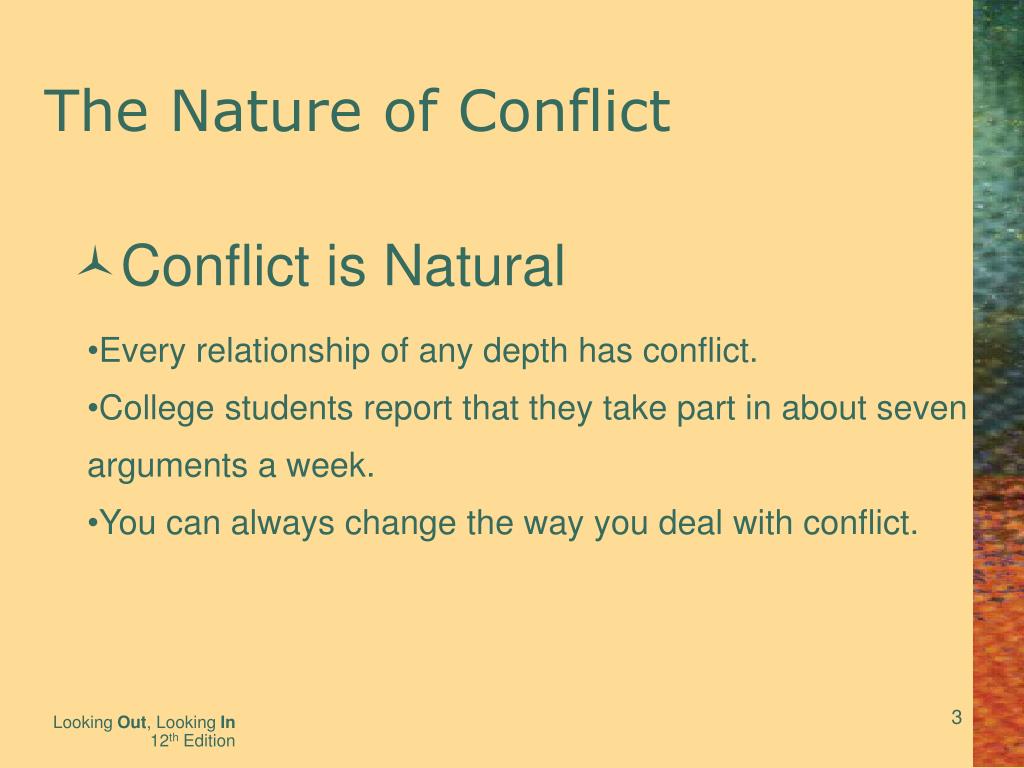
The conflict prevention side of diplomacy occupied much of my time at the State Department from 1993 to 1997 as the Department’s Executive Secretary and U.S. A diplomatic strategy designed to produce preclusive victory will include conflict prevention, successful negotiation, deterrence, the preparation for conflict should all else fail, and efforts to establish order, ensure stability, and promote political and economic pluralism after conflict.ĭiplomats have always been participants in both the prevention and management of conflict and its aftermath. This is the key to understanding Philip Bobbitt’s concept of “preclusive victory,” which he describes as “anticipatory, precautionary attention to possible futures,” requiring an expansive and integrated approach to modern diplomacy, defense, and development.

The definition of victory, too, is different today. Twenty-first century national security success will encompass a comprehensive definition of security, and will be achieved by the broadest simultaneous application of all elements of national power. What matters is their interaction and the simultaneity of our responses. As Hans Binnendijk and Richard Kugler of the National Defense University argue, no single problem, danger, or threat holds the key to the world’s future. To be successful, diplomats must simultaneously shape, act upon, and react to global challenges. The nature of 21st century diplomacy is also changing. General Rupert Smith identified these changes in his book The Utility of Force: “The ends for which we fight are changing we fight amongst the people our conflicts tend to be timeless we fight so as not to lose the force on each occasion new uses are found for old weapons the sides are mostly non-state.”

While conflict is a constant in human history, the nature of armed conflict, and especially the nature of 21st century warfare, has been transformed. Conflict is a universal condition, older than diplomacy.


 0 kommentar(er)
0 kommentar(er)
